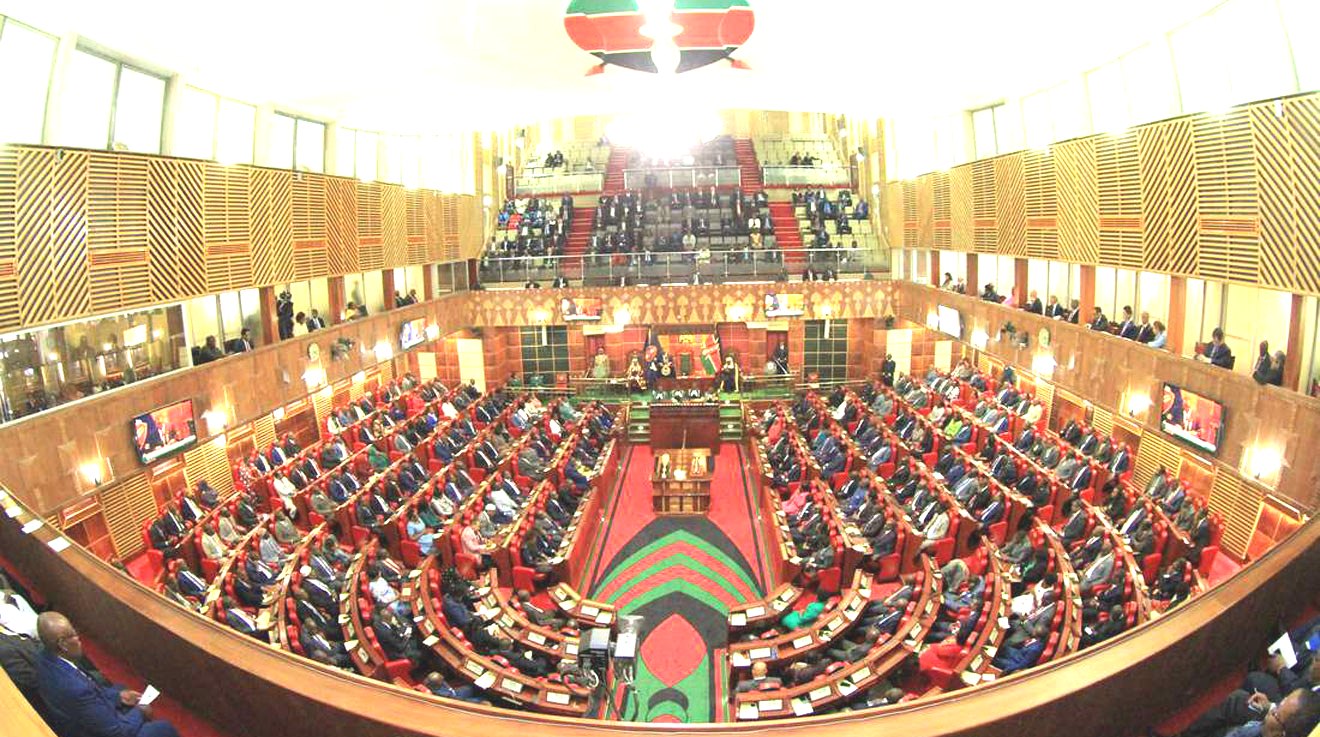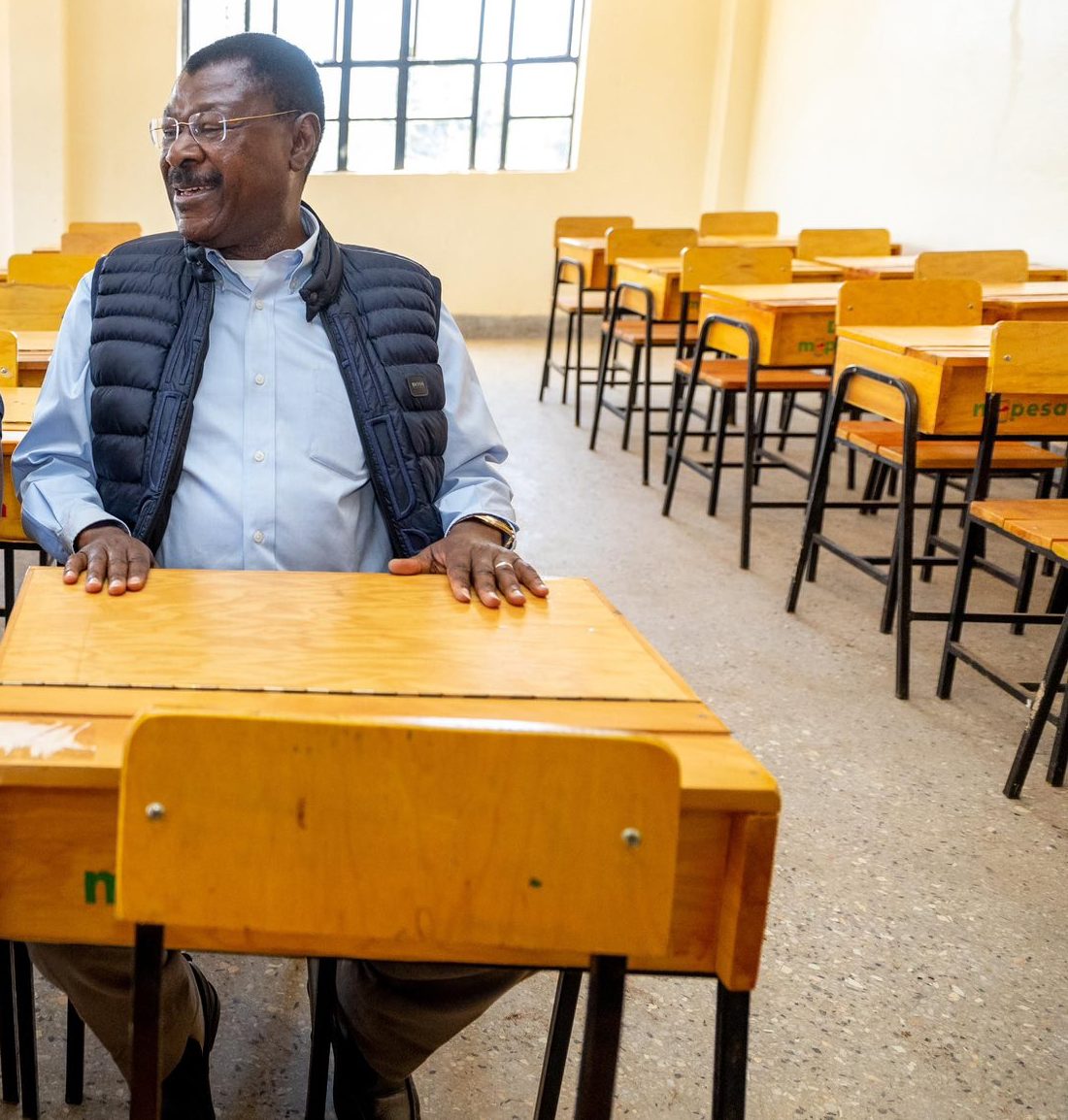The conflict running deep between Teachers Service Commission (TSC) and the Ministry of Education (MoE) is spilling over to to other government arms as the two outdo each other on the legislative front.
Lately, MoE has performed beyond expectations by drafting and inviting stakeholders to critique the Sessional Paper on policy on education and eleven Bills to be tabled in the National Assembly in due course. The passage of these Bills will put the ministry in a stable legal framework upon which teaching and learning will take place.
However, a perusal of the Basic Education Bill 2024 (BEB 2024) and the TSC Amendment Bill 2024 reveals the major divergence in the thinking of the senior officials of the ministry and the TSC in their approach to the management of the sector, and yet they must always work closely and in synergy. It will take Solomonic wisdom at the National Assembly to harmonize these Bills before passing them to avoid exacerbating the differences between these institutions.
Three issues will suffice for this discourse. First, the ministry proposes to appoint basic education Heads of Institutions (HoIs) as its agents for management of financial resources and infrastructure. The TSC will still retain the function of appointing these HoIs, meaning that the HoIs will be directly reporting to both the ministry and the TSC concurrently.
The ministry intends to withdraw the agency of any HoI that will be deemed to be underperforming, presumably after deploying auditors and quality assurance officers to monitor and evaluate their performance to be able to obtain evidence of under-performance before withdrawing its agency from any of them.
The situation as it obtains today is that the auditors and quality assurance officers carry out the same functions and report to the TSC their findings upon which the TSC takes any necessary action. The TSC has traditionally acted on these reports unfailingly. Why then would the ministry want to change a time-tested system that has served the sector well in the past?
What would happen to these institutions were the ministry officials to misuse this proposed legal provision, after enactment, to threaten the HoIs with withdrawal of agency with flimsy reasons? What would happen if TSC will not get convinced that the reasons are sufficient to deny such HoIs the chances to run the schools just like the case in the counties where an impeachment of a leader may not convince the Senate?
The second area of concern is pre-service training of teachers. The BEB 2024 proposes that the Cabinet Secretary “shall prescribe minimum qualifications and criteria for admission to undertake pre-service education”. This is contrary to the provisions of the Constitution of Kenya 2010 that the TSC “shall review the standards of education and training of persons entering teaching service” and also to “review the demand for and supply of teachers”.
One wonders whether the passage of this Bill with this provision will be constitutional or not considering that the TSC is an independent commission — its functions cannot be altered unless through a referendum. And suppose this function is taken over by the ministry and TSC refuses to employ such trained teachers due to their qualification as threatened by it a few years ago?
The third matter of concern is that of professional development of teachers. The BEB 2024 provides for the establishment of the Kenya School of Teacher and Educational Management as a body corporate whose main function will be to develop and evaluate capacity building programmes and train serving teachers and education officers on a need basis. This is a good idea. However, two things stand out of the proposal. First is that every employer is normally expected to recruit, induct, assign duties, train, promote, discipline and eventually separate its staff. TSC is such an employer.
Under this Bill, the ministry, that is not the employer of teachers, seeks to train them in a manner akin to the “promotions on merit” that were being doled out by the ministry in the years gone by that had to be abolished as it was riddled with corruption, apart from the fact that it was considered wrong for a different body to promote employees of another organization, more so now that the TSC is an independent commission.
The qualifications of board members of this school have not been ring-fenced to provide for an appointment of the majority of members with long and varied experience as practitioners in education in addition to a degree in education. This could open a loophole for the Cabinet Secretary to appoint under-qualified members. This is unlike the situation in TVET institutions where relevant qualifications and at least ten years of experience in technical education are mandatory to be a member of their Boards of Governors. It is time that the Cabinet or the National Assembly rein in on the ministry and TSC and sort out their differences conclusively.
YOU MAY ALSO READ:
By Mwalimu Kibet
Get more stories from our website: Education News
To write to us or offer feedback, you can reach us at: editor@educationnews.co.ke
You can also follow our social media pages on Twitter: Education News KE and Facebook: Education News Newspaper for timely updates.
>>> Click here to stay up-to-date with trending regional stories






